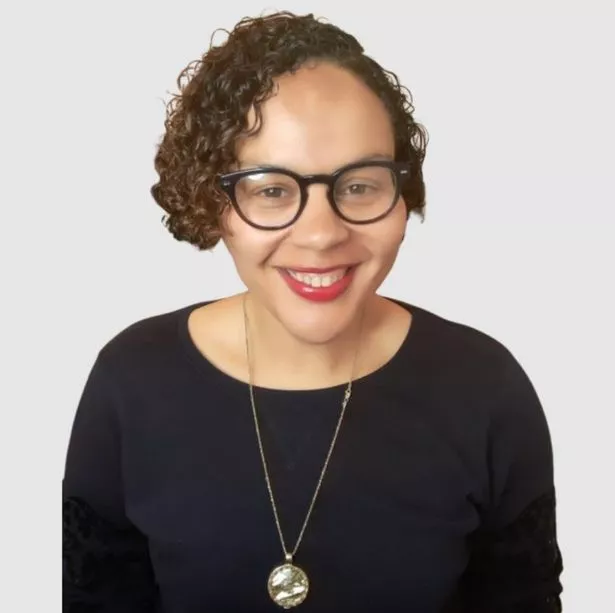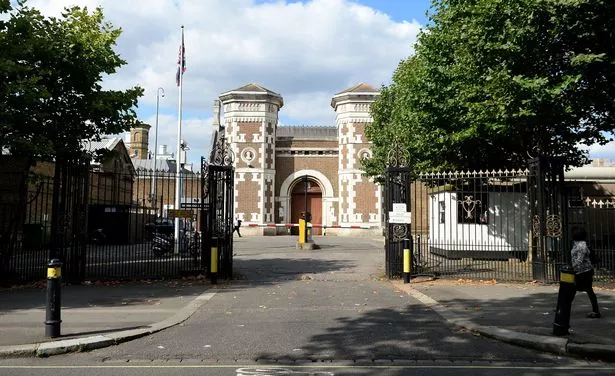An increase in the number of black therapists is helping black men and women access mental health support in a more relatable way – stopping them from being “medicalised” by the system, one therapist has said.
Government data from 2022 showed black people are five times more likely to be detained under the Mental Health Act compared to their white counterparts. Last year, 342 detentions for every 100,000 people were black. The rate for other ethnic groups is just 72 people for every 100,000.
The Government cited a recent study which found “inadequate evidence” to support outdated explanations for the higher rates. The dramatic disparity has often wrongly been blamed on “higher comorbid drug use in ethnic groups, language barriers, poorer detection of mental illness and greater stigma of mental health issues” in these communities, but the latest government report admitted the true reason remains unknown.
Keeley Taverner, a British-Jamaican psychotherapist and Director of Key for Change, says there have always been significant barriers for young black people wanting to access therapy, which is largely dominated by white faces because it’s a “white middle-class pursuit”.

(
keyforchange.com)
Speaking exclusively to The Mirror, Miss Taverner explained how many families are now looking for “culturally competent therapists” who can understand the situations their loved ones face because they have similar lived experiences.
“I just had one young man from a Somalian background coming to me, you know their families are coming together because they want culturally competent therapists to understand them,” she explained. “There’s a stigma and a fear that they might end up in the system.
“And that’s not going to be beneficial. They’ll be labelled and potentially medicalised for what can be a social issue, you know, an issue of navigating the matrix.”
Keeley – who grew up on a council estate in northwest London and became a single mother in her teens – has signposted herself as a therapist who understands the trials and tribulations that many young people of colour have to face on a daily basis.

(
PA)
“I find young black people come to me because there’s a trust that you’re gonna get it. ‘She gets me’. And that they won’t end up in the system where they’re probably going to want to diagnose them and give them medication,” she said.
“Disproportionately, black people are highly likely to be medicalised and not get therapy. And that’s a very dark road.”
She explained that with the correct support, people written off by society can find a way out of the darkest situations and lead a positive and successful life. One of her success stories was about a young man trapped in the prison system who turned his life around on release and now has a lucrative job in the construction industry. Ms Taverner met many men in similar situations while working at HMP Wormwood Scrubs after university.
But the difficulties in accessing the industry are not only to do with the clients. Black therapists are also finding it hard to break in to what is traditionally viewed as a middle class job, Ms Taverner tells The Mirror.
Speaking about her motivation to become a therapist, she said: “I really wanted to be able to help people from all manner of backgrounds, but also to infuse my own culture and the cultural competence to help people. Because often, psychotherapists don’t tend to be my color come from my background, it’s a very middle class pursuit.”
And trying to navigate this world, which is alien to many, poses difficult identity-based questions for the therapists themselves. “There is confusion at times as you try to navigate worlds, or thinking you’re not black enough, but you’ll never be white…”
For Ms Taverner, it was her childhood experience which helped her develop a grounded sense of identity, but that’s something she admits that not everyone is able to do.
She explained: “I think for me, personally, my mum used to send me to Jamaica, which was helpful. Because that gave me a cultural underpinning, which wasn’t something I got in the UK. In the UK there’s a very narrow definition of what it means to be black.”
In the Caribbean, there’s a distinct middle class, something which Ms Taverner believes the UK is lacking. “There, it’s not such a big deal. It’s more about the shades (of skin), if that makes sense?”
“So in Jamaica, being closer to white is regarded as better”.
Colorism – discrimination based on skin tone – is an issue seen across the globe but perhaps most strongly in the Caribbean, where histories of slavery and colonialism divided people of the same ethnicity based on their skin colour.
But ultimately, the responsibility for one’s own mental health is down to the individual, Ms Taverner said, and doing so in “spite of the stigma of stereotypes and low expectations”.
She added that there needs to be a major shift in British society, reversing an insidious cultural view and to show that “not all black people are from the hood”.


